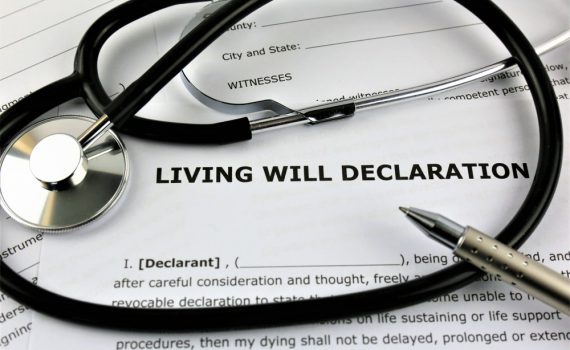If you believe a loved one's will is not valid, you may be able to contest it. But proving a will is invalid is difficult and this process should be undertaken only if you are sure there is something wrong.
Yearly Archives: 2019
When you die, your debts do not expire with you. Most debt still needs to be paid off, if possible, although who is responsible for paying the debt depends on the type of debt, and some assets are protected.
While it isn't possible to entirely prevent the possibility of power of attorney abuse, there are steps you can take in drafting a power of attorney to greatly reduce the chances.
Legendary singer Aretha Franklin was thought to have died without a will, but the recent discovery of handwritten documents is calling that into question.
The median cost of a private nursing home room in the United States increased to $100,375 a year in 2018, up 3 percent from 2017, according to Genworth's annual Cost of Care survey.
Hospital patients who need additional care after being discharged from the hospital are usually sent to either an inpatient rehabilitation facility or a skilled nursing facility, and Medicare offers very different coverage for each.
After a Medicaid recipient dies, the state must attempt to recoup from his or her estate whatever benefits it paid for the recipient's care. There are steps you can take to protect your home.
When creating advance directives in order to plan for the possibility that you may one day be unable to make your own medical decisions, there can be confusion about the difference between a living will and a "do-not-resuscitate" order.
Parents want their children to be taken care of after they die. But children with disabilities have increased financial and care needs, so ensuring their long-term welfare can be tricky.
Caring for an ailing family member is difficult work, but it doesn't necessarily have to be unpaid work. There are programs available that allow Medicaid recipients to hire family members as caregivers.










